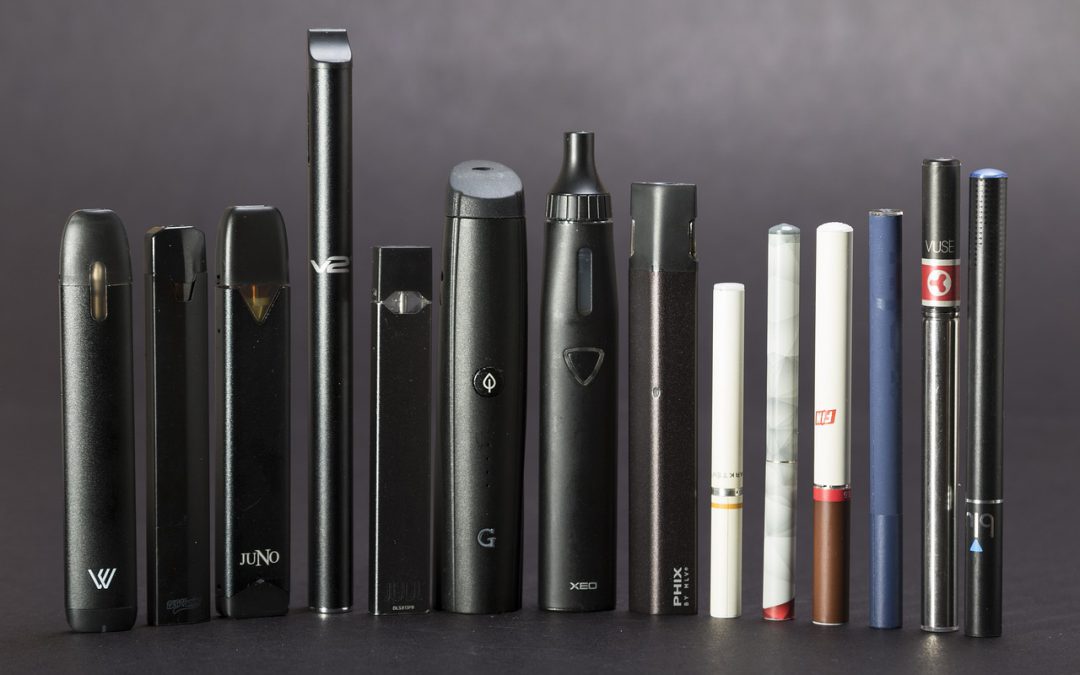01 Mar ReACH Lab Members Accepted to CPA Conference
Congratulations are in order for ReACH Lab Graduate Students Julie Cristello and Sarah Hartmann and ReACH Lab Intern Nathalie del Valle after being accepted to the Collaborative Perspectives on Addiction (CPA) 2021 Virtual Conference!
Julie will be presenting her poster titled “Injunctive Norms as a Mediator Between Alcohol and Marijuana Instagram Exposure and Use Intentions”, which found that perceived friend approval significantly mediated the associations between exposure to Instagram content by peers and influential figures and alcohol and marijuana use intentions.
Sarah will be presenting her poster titled “The Use of Cognitive Interviews to Aid in the Development of a Measure to Assess Quantity and Frequency of Adolescent E-Cigarette Use”, which, using data from phase 1 of cognitive interviews, found that current pictures of e-cigarette products are outdated and that some terms specific to e-cigarettes are unfamiliar to participants. Phase 2 of the interviews will include measure refinements that will address these issues and help provide accurate assessment of adolescent e-cigarette quantity and frequency of use.
Nathalie will be presenting her poster titled “Examining Caregiver-Adolescent Rule-Breaking Discrepancies as a Mediator in the Association Between Parental Monitoring and Adolescent E-Cigarette Use”, which found that as parental knowledge and child disclosure decrease, the discrepancy size increases, and as the discrepancy increases, adolescent e-cigarette use increases.
Congratulations to these three lab members on their exciting research findings and acceptances!
- Sarah Hartmann
- Nathalie del Valle













